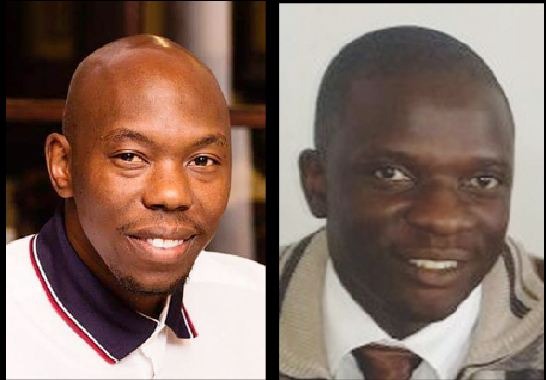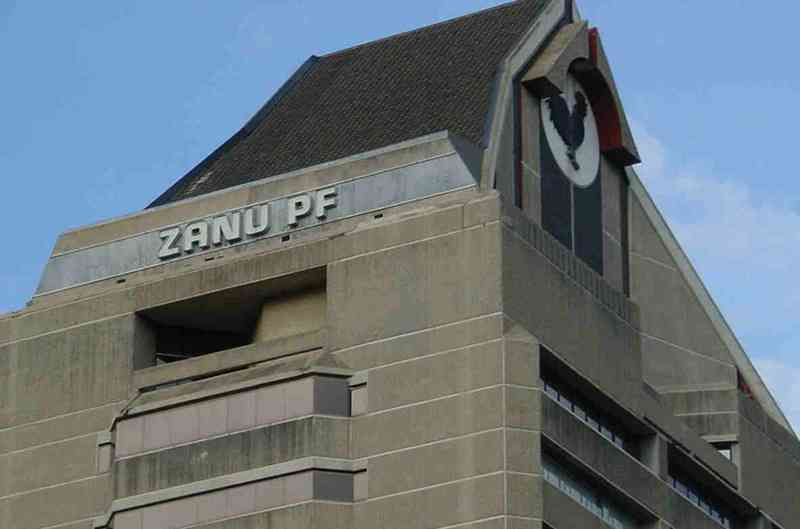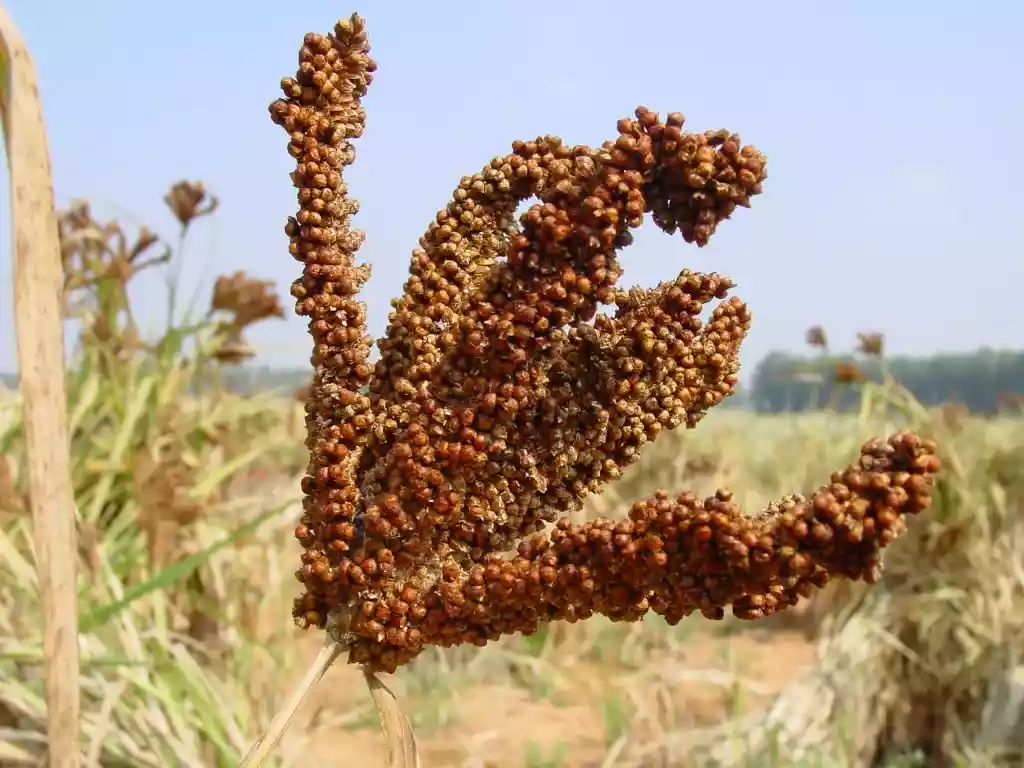
Thousands would not have died of COVID-19 if citizens in the mostly affected countries had heeded the calls to stay at home. The pandemic would not have spilled into Zimbabwe.
Social media is awash with videos of police and army from several countries across the globe descending heavily upon citizens who defy “stay at home” directives.
Inasmuch as the use of force is necessary to contain COVID-19, we fear the use of unnecessary brutal force and other human rights violations looming in Zimbabwe.
From being a Chinese and a Western world problem, the COVID-19 pandemic has become a reality on our doorstep. Zimbabwe finds herself with steady growing confirmed cases of the pandemic.
If one looks at the patterns displayed by other countries, they show that once the pandemic is in your country, the numbers may balloon and end up not containable. The right to life as we understand it is the alpha of all rights.
It is the most fundamental of all human rights. We highly commend President Emmerson Mngangagwa for taking a bold step to save lives by declaring a 21-day lockdown.
This article attempts to highlight some of the major human rights concerns that the government or the newly appointed COVID-19 taskforce needs to consider as we get into the COVID-19-induced 21-day lockdown.
The practical challenge is that many of the most grave and systematic human rights abuses occur during public emergencies, when States employ extra-ordinary powers to address national threats such as the pandemic, hence we need to remind ourselves as a country what ought to and what ought not to happen as we get into the 21 days of lockdown.
- Chamisa under fire over US$120K donation
- Mavhunga puts DeMbare into Chibuku quarterfinals
- Pension funds bet on Cabora Bassa oilfields
- Councils defy govt fire tender directive
Keep Reading
Some may argue that the COVID-19 situation is only a national disaster and not a public emergency as enshrined in the Constitution. Be that as it may, we perceive the situation as both a state of disaster and a public emergency.
In his state of the nation address on COVID-19, Mnangagwa himself referred to the situation as an emergency. For the purpose of this editorial, we will recognise it as a public emergency.
The national command element of the security forces will deploy during the lockdown period.
This poses a challenge. In other words, to assist the civilian authority in enforcing the lockdown, the Zimbabwe National Army and the Zimbabwe Republic Police will be deployed on the streets of Zimbabwe. Unprecedented, indeed! It is common knowledge that most members of our security forces have since seen COVID-19 enforcement videos of their colleagues from other countries.
These videos show law enforcement officers from countries like Italy, India, South Africa and Uganda, just to mention but a few, using brute force to enforce the lockdowns.
Some of these videos leave the watcher with goosebumps at the amount of force that is exerted in enforcement. Whether it’s a fact or a stint to tarnish the country, our armed forces have been condemned as some of the worst violators of human rights.
Amid the lockdown and the behaviours which have been displayed by the enforcers in other countries, one cannot help, but imagine what will be done to any violators of the presidential order.
One may be tempted to conclude that there is going to be 21 days of gross human rights violations if our armed forces are not properly guided.
According to the presidential declaration, some civil servants on duty will be allowed unrestricted movement during the lockdown period. People will be allowed to attend funerals and hospitals. Motorists will be allowed to refuel. Food-related markets will be open. For whom will they be open?
Though not mentioned, journalists ought to be allowed to do their work. In view of these presidential guidelines, should our security forces react in the same way other security forces in other countries have been reacting? We are headed for a human rights disaster which may leave the State’s reputation more tainted and painted as non-reformists when it comes to human rights issues.
We subscribe to the notion that nations have always recognised that human rights are not without limitations. Even robust democracies allow the curtailing of freedoms in the interest of the public at times and the lockdown is one good example.
There are obviously going to be some people defying the ‘stay at home’ order. Some violators will be genuine, and some filled with malice. The question is how the security forces will deal with violators.
Fortunately, section 86(3) of our Constitution provides for a list of rights that cannot be limited under any given circumstance. The right not to be tortured or subjected to cruel, inhuman or degrading treatment or punishment is one such right that must never be limited.
We also commend the visionary section 87 which extensively deal with limitation of rights and freedoms during public emergencies or otherwise known as extra-ordinary circumstances.
Even though the lockdown is indeed an extra-ordinary circumstance designed for particularly crisis that requires the introduction of extra-ordinary measures, civil and political rights ought to be respected at all times. This is the message that the enforcers need to carry at all times until the 21 days of total lockdown are over.
We are also concerned about socio-economic rights. It is not a secret that the Zimbabwean economy has largely become an informal economy and that the majority of Zimbabweans live on a hand to mouth basis, meaning that a sudden declaration of 21 days off work is like a death sentence to them as they do not have means of survival and will certainly starve.
There has been no announcement on an economic plan to cushion the ordinary citizen as yet. We have witnessed other countries offering an economic package to protect the poor.
The government has not yet devised cushioning measures for those formally employed. It looks like the employers will have to figure out what will happen to their employees. We may end up seeing salary cuts which will be soar on the employees.
Again, if the government does not intervene, we will certainly have serious cases of labour rights violations.
Our last concern is on the homeless people whom we have seen their population growing exponentially on the streets.
As we lockdown, where will these go and if they have an encounter with the law enforcers, how will that play out in all honesty? Have there been alternative shelter provided and any food plan for them as they survive through handouts and the masses that feed them will be locked indoors.
Our Constitution is regarded as one of the best, not only in Africa, but worldwide. To this end, the government and every person in Zimbabwe, including the national command element of the security forces and the ad hoc taskforce on COVID-19 must be seen respecting, protecting, promoting and fulfilling human rights set out in our transformative Constitution.
The 21-day lockdown must not be an open cheque for human rights violations. COVID-19 is real. Please stay at home!
Darlington Chidarara is a projects co-ordinator with Action Aid International Zimbabwe. Fidelicy Nyamukondiwa is a legal columnist. They write here in their personal capacities.










